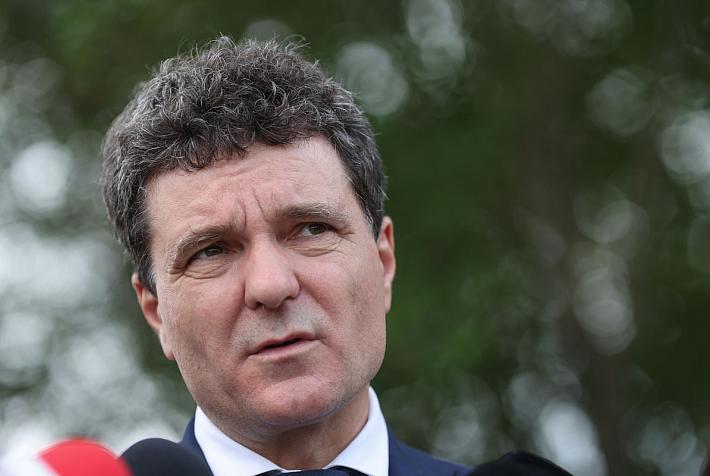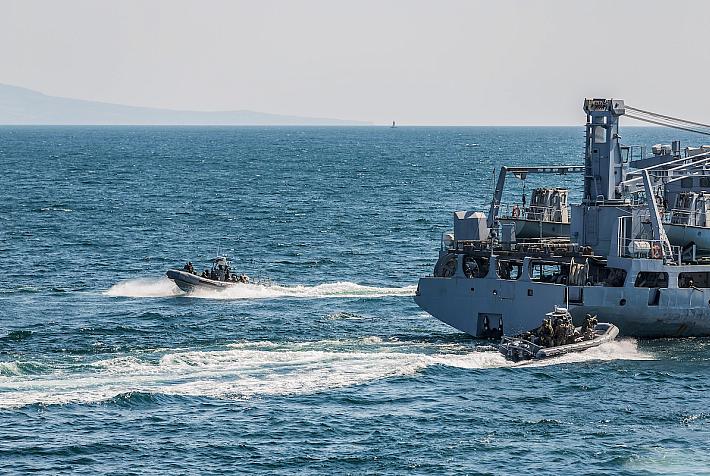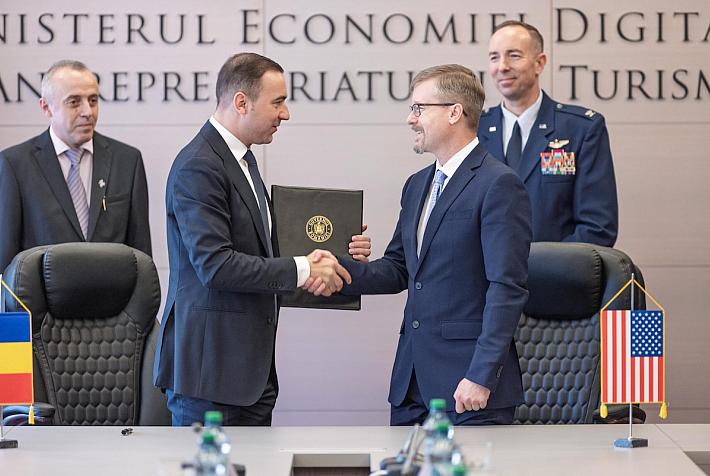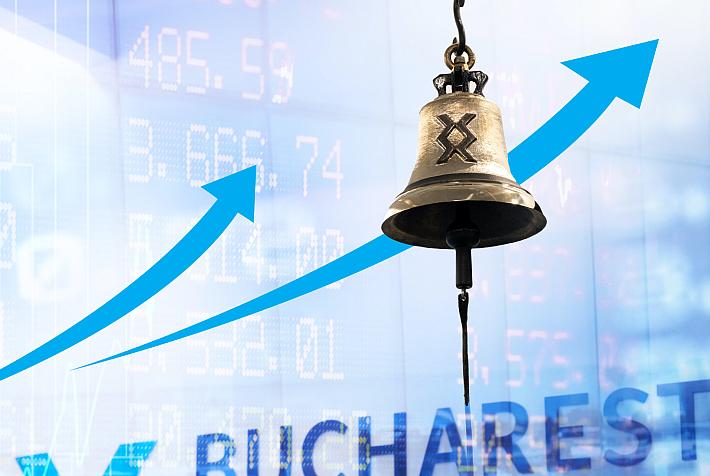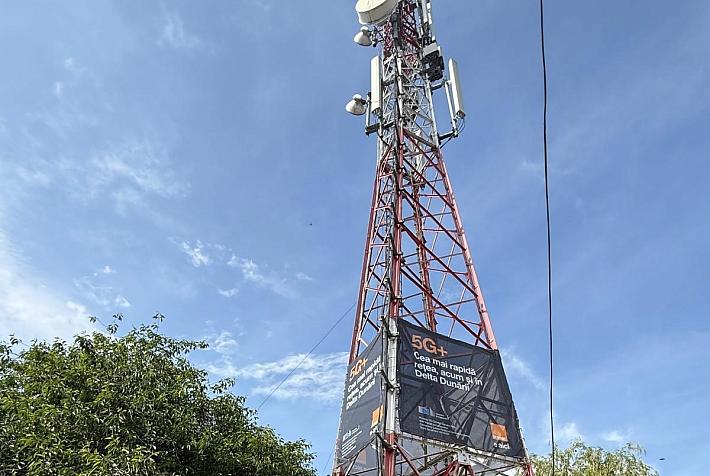Romania's 2024 elections: The presidential candidates
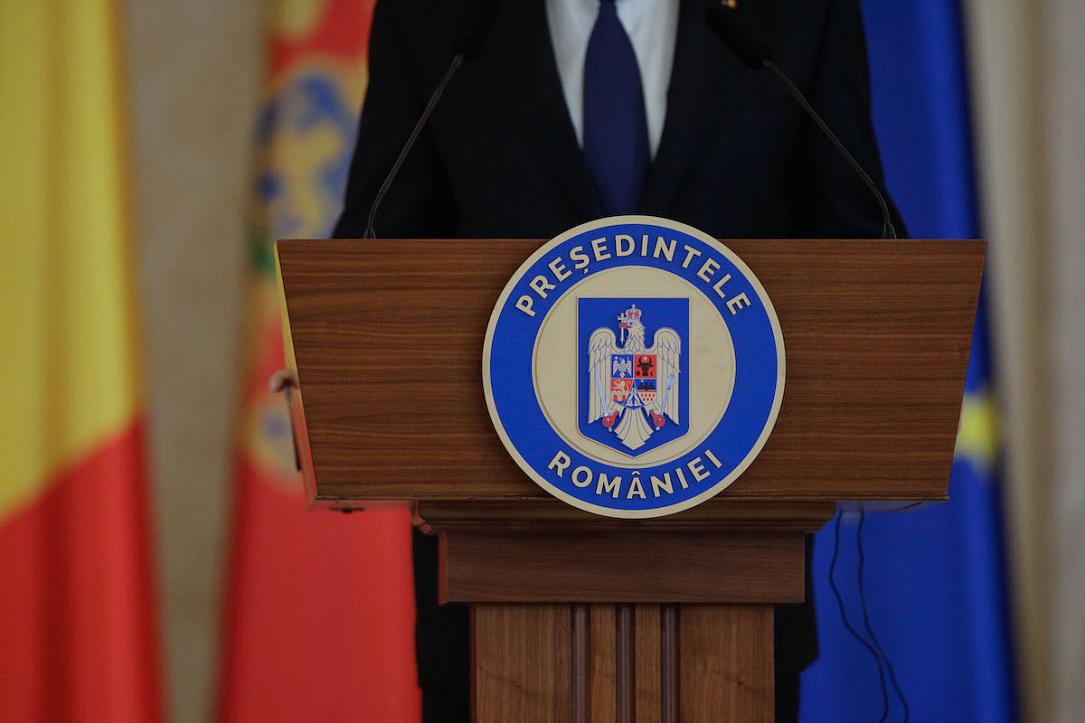
Fourteen candidates are on the ballot in the first round of this year's presidential elections, scheduled to take place on November 24. Here is a list of those in the race.
Just as it happened in the 2019 elections, more than ten candidates are trying to convince the public they are the best choice for president. Four of the candidates are independents, although some have a history of affiliation with other parties, and another four are supported by parties not represented in the current Parliament. If none of the candidates manages to win 50%+1 of the votes – a scenario that has been consistently repeated since 1992 – a second round is scheduled for December 8. The voters will be asked to decide between the two candidates that gathered most of the votes.

Marcel Ciolacu
Social Democrat Party
The PSD leader and current PM has held various positions in the Social Democrat Party since 1996. He was the vice-president of the Youth Organization (1996 - 2000), the vice-president of the municipal organization, then of the Buzău county one, president of the Buzău PSD Municipal Organization (2010 - 2015), a member of the National Council of PSD, interim president, and in August 2020 he became president of PSD. Between 2008 and 2012, Ciolacu was the deputy mayor of Buzău, and in 2012, he won his first mandate as a deputy. He is now in his third term as deputy, from November 2021, and has served as president of the Chamber of Deputies.
He became known as deputy PM in the government led by Mihai Tudose, who was appointed at a time when Liviu Dragnea led PSD. After Dragnea's arrest, Ciolacu became the president of the Chamber of Deputies, in a vote supported by ProRomania, led by Victor Ponta. After Viorica Dăncilă lost the 2019 presidential elections to Klaus Iohannis, he became the president of the party, announcing "a new approach inside and outside of it" and insisting "the future of PSD means zero tolerance for corruption."
Ciolacu, who took his time in announcing his presidential bid, is the candidate of a party that always delivered a presidential contender into the second round but lost every time since 1996, with the exception of the 2000 ballot, when Ion Iliescu won against Vadim Tudor.

Nicolae Ciucă
National Liberal Party
The retired general and Senate president rose to the political spotlight in 2019, when he was appointed minister of Defense in the government of Ludovic Orban. He had joined the National Liberal Party only two months earlier, after retiring from the military. He kept his job as minister of Defense in the government of Florin Cîțu as well. In November 2021, president Klaus Iohannis nominated him as PM after the resignation of Florin Cîțu, a job he held until June 2023, when Marcel Ciolacu took over, in accordance with the governing coalition's agreement. He held various leadership positions in the military, including that of head of the Romanian General Staff, between 2015 and 2019.
At the time of his appointment to lead the Government, analysts explained his appeal as being linked to the high degree of trust the military still enjoys in the country, compared to other state institutions. It is something the candidate is promoting when presenting himself as someone who wants to "bring military values such as honesty, trust, respect to the word given, and the love of country to the political scene."
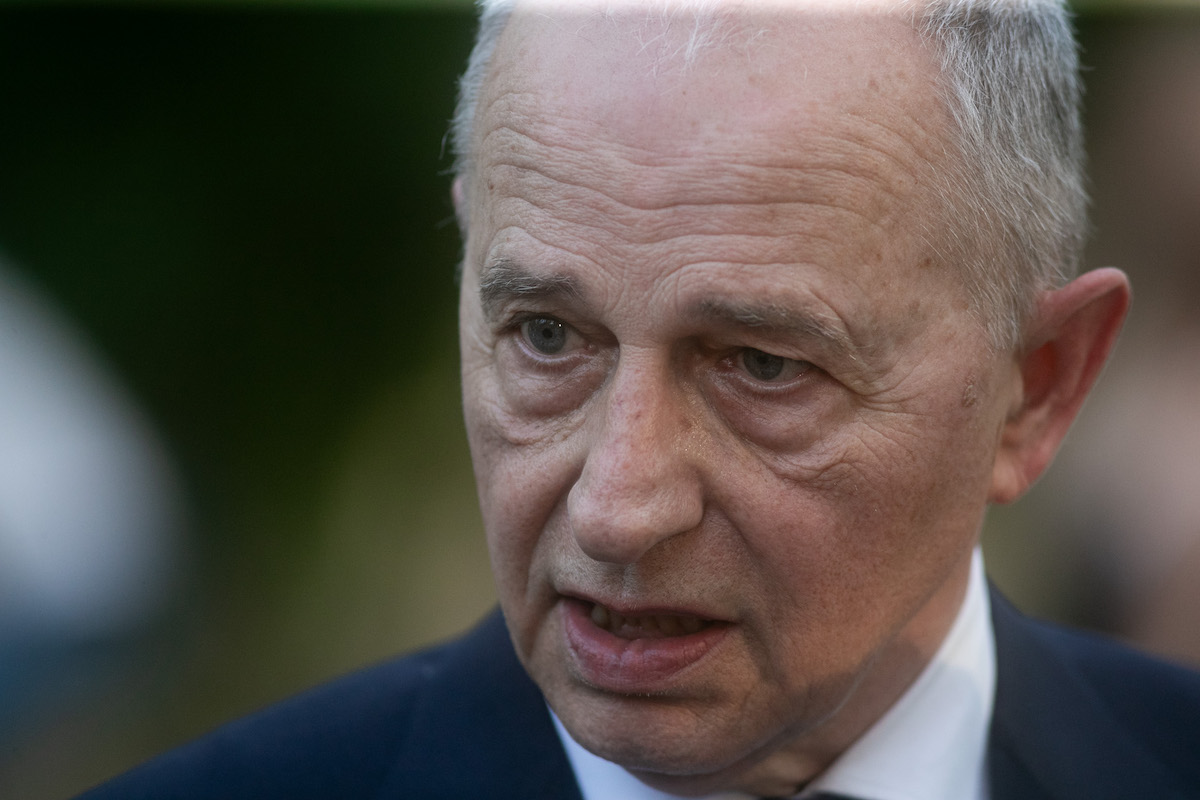
Mircea Geoană
Independent
This is the second time that Mircea Geoană has run for president after a bid in the 2009 elections. He then made it to the second round but lost narrowly to Traian Băsescu. Five years earlier, in 2004, he lost the elections for Bucharest general mayor also to Băsescu.
Before the 1989 Revolution, he worked as an engineer, having graduated from the Polytechnic University in Bucharest. He also studied at the Faculty of Law of the University of Bucharest, the Ecole Nationale d'Administration in Paris, and he holds a PhD from the Economic Studies Academy of Bucharest. After 1989 he embarked on a career as a diplomat, starting with various positions in Romania's Ministry of Foreign Affairs, where he was also a spokesperson. Between 1996 and 2000, he was Romania's ambassador to the United States, and from 2000 to 2004 the minister of Foreign Affairs in the government of Adrian Năstase. He became a member of the Social Democrat Party in 2001 and was a senator on PSD's lists from 2004 to 2016. He was also the president of the Senate from 2008 to 2011. In 2005, he was elected president of the party, a job he held until 2010. He was excluded from the party several times, and after the end of his last mandate as senator in 2016, he was out of the political spotlight until October 2019, when he was appointed deputy secretary general of NATO. He held the position until this fall. He is also the president and founder of the Aspen Institute Romania. He said he is running for president because the country needs "a real change" and that "we can all work to build a better country."
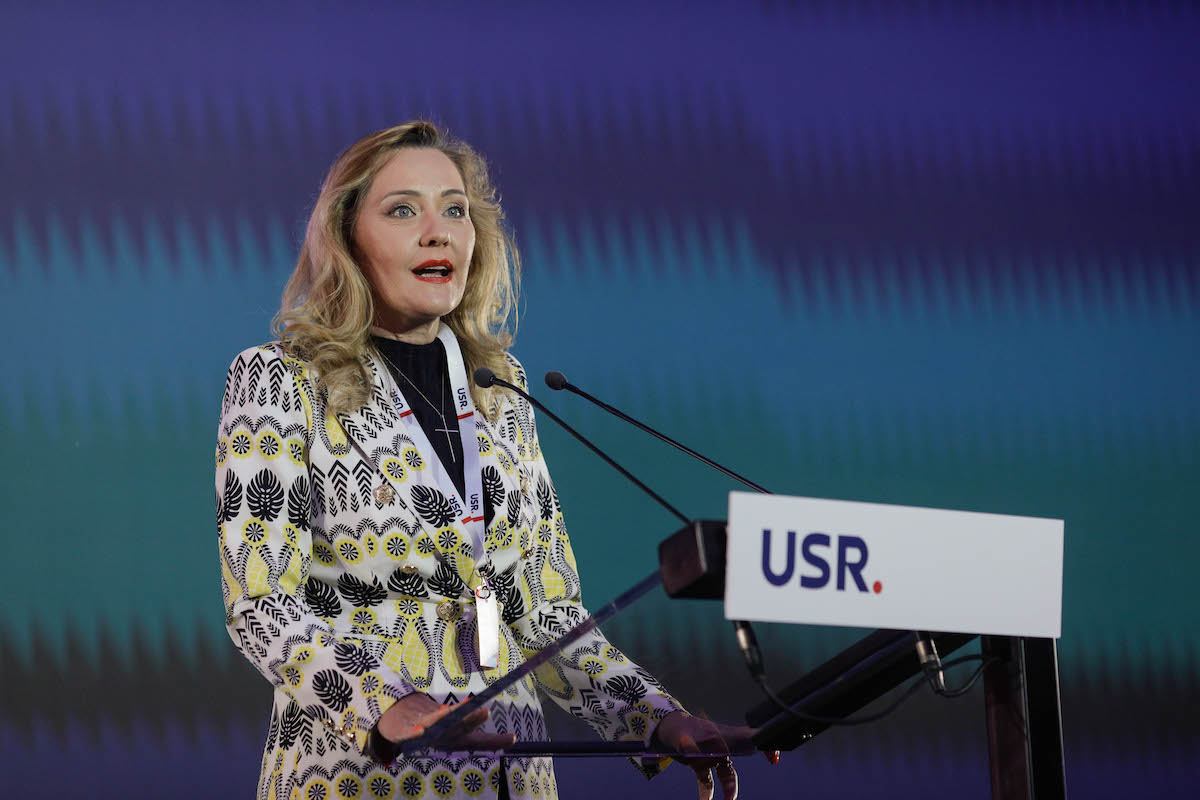
Elena Lasconi
Save Romania Union
The president of USR, elected following Cătălin Drulă's resignation after the party's disappointing results in the local elections, is a former journalist and current mayor of Câmpulung Muscel, a city in southern Romania's Argeș county. She rose to public prominence as a journalist and anchor on ProTV, one of the most popular television stations locally. She worked for close to 25 years as a reporter, producer, and anchor, as well as a sales director with the station. Lasconi, who graduated from Bucharest's Academy of Economic Studies, first won the mayor seat of Câmpulung-Muscel in 2020, and was reelected this year with close to 70% of the votes.
Before this year's EU Parliament elections, she withdrew from the party's lists after admitting she voted in favor of the "traditional family" at the 2018 referendum. The referendum was organized following the initiative of the Family Coalition, which wanted to rephrase the definition of the family in the Constitution. Instead of the current "between spouses" it would have been changed to "between a man and a woman." The referendum did not meet the validation threshold to be taken into account. Nonetheless, she has said many times she is in favor of civil partnerships and argued that the state should not intervene in anyone's life and bedroom. She advocates a "new social contract" between the state and citizens to ensure everyone is respected and can hold politicians accountable.
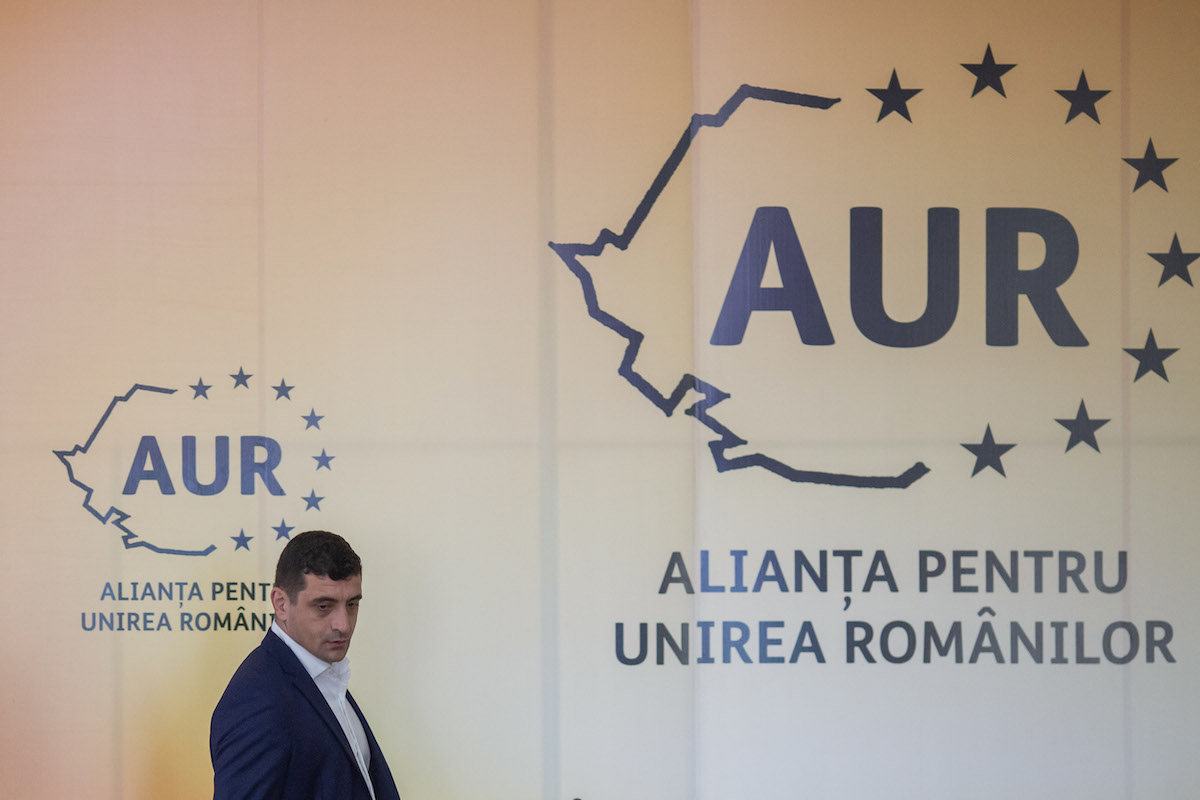
George Simion
Alliance for the Union of Romanians
The co-founder and leader of AUR, a party promoting nationalist and Eurosceptic stances, has been a deputy since 2020, when his party delivered an unexpected result and managed to pass the threshold for entering the Parliament with more than 9% of the mandates. In Parliament, he is the VP of the Commission for Economic Policy, Reform and Privatization and is a member of several other commissions and delegations, including the Romanian Parliament's Delegation to the OSCE Assembly. Before being elected as an MP, he ran as an independent in the 2019 elections for the European Parliament. The same year, he founded AUR, a party that, during the pandemic, organized several protests against the Covid-19 restrictions, including an attempt to force their way into the Parliament to protest plans to make the Covid-19 certificate mandatory for workers. He is a graduate of the Business Administration Faculty of the University of Bucharest and of an MA program at the Alexandru-Ioan Cuza University in Iași.
He supported the Family Coalition, the group of organizations that promoted the 2018 referendum to amend the definition of marriage in the Romanian Constitution as the union between a man and a woman rather than between spouses. A plan to build up to 1 million apartments to be sold at prices of EUR 35,000 has been high on his list of electoral promises, alongside one to help those who face increased interest rates on their mortgages. The party has also been active with a medical caravan traveling to numerous villages in the country, thus banking on the issue of reduced access to medical care in rural areas.
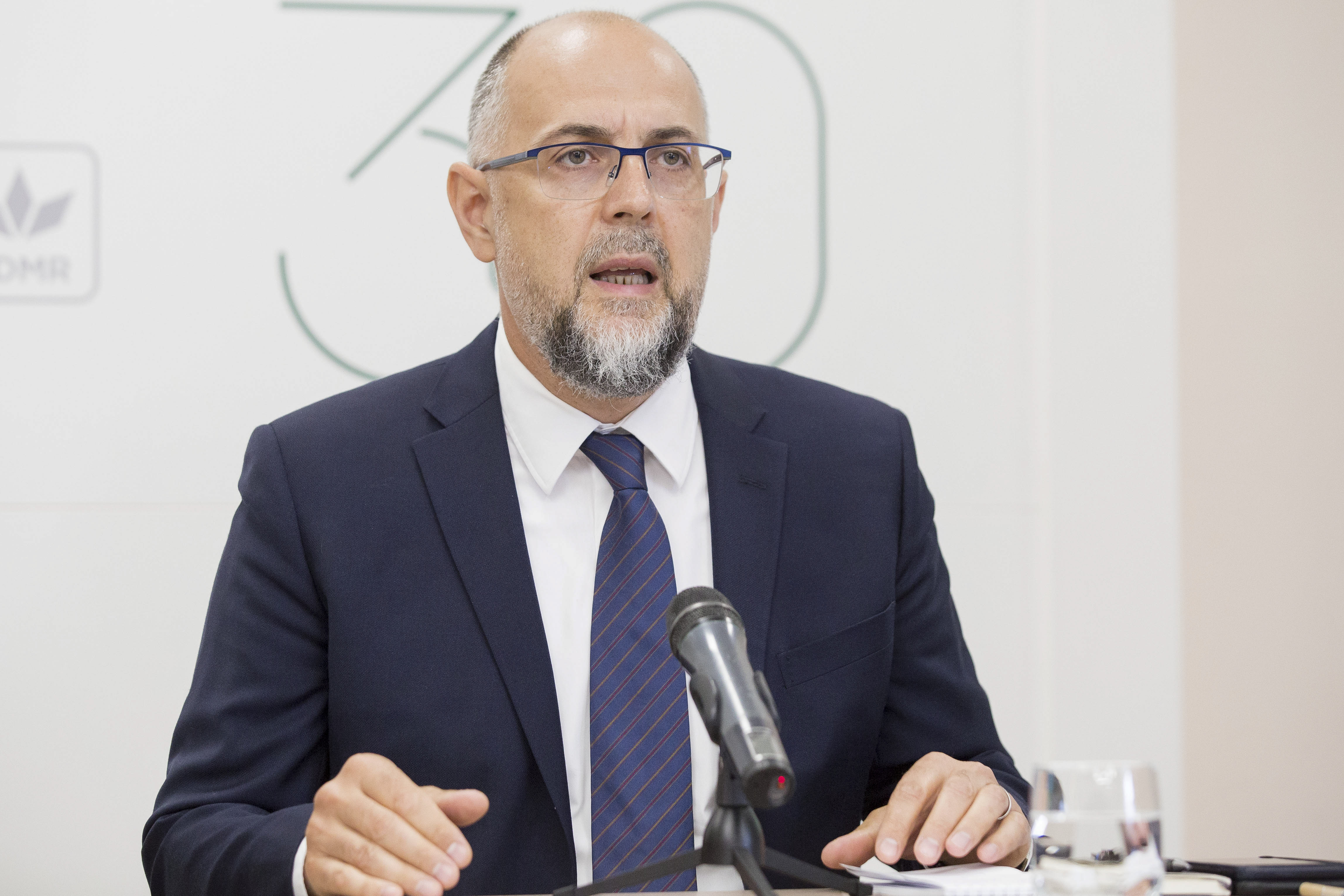
Kelemen Hunor
Democratic Union of Hungarians in Romania
Hunor, the president of the Democratic Union of Hungarians in Romania (UDMR), has been his party's candidate in the presidential elections in 2009, 2014, and 2019. He has previously served as the minister of Culture, between 2009 and 2012 and from March to November of 2014, and as deputy prime minister, between 2020 and 2023. He has been a member of the Parliament since 2000, and is currently serving his sixth mandate. He studied at the Agricultural Sciences University in Cluj and at the Philosophy Faculty of the Babeş-Bolyai University in Cluj. Before entering politics, he co-founded the cultural magazine Jelenlét and worked on various cultural and political shows at Radio Cluj. He is also the author of two poetry volumes and one novel.
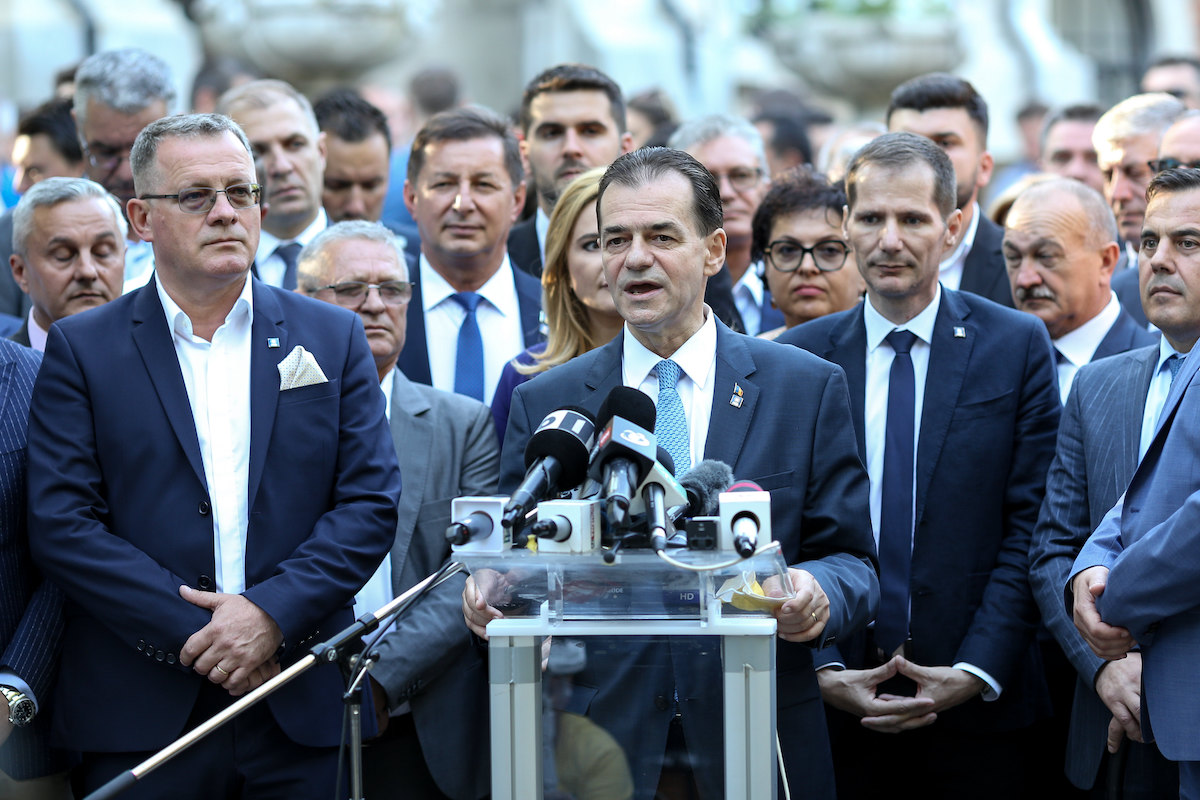
Ludovic Orban
Forţa Dreptei
The former PM is running for president for the first time, as the candidate of the party he founded after leaving the National Liberal Party (PNL) following the decision that PNL would form a governing coalition with PSD. Forţa Dreptei (Force of Right) partnered with USR and the People's Movement Party (PMP) for the local and EU Parliament election, to modest results. They decided not to take the alliance further for the presidential and parliamentary elections.
Orban, who graduated from the Faculty of Machine Construction Technology in Brașov, entered politics in 1992 when he joined the youth organization of PNL. Between 2001 and 2002, he was a member of the Permanent Central Bureau of the PNL, and from 2002 to 2008, he led the Bucharest branch of the PNL. He served as the minister of Transport in the government of Călin Popescu Tăriceanu, between 2007 and 2008. In 2008, he was elected a member of the Parliament, in the Chamber of Deputies, a mandate that was renewed in 2012. After several runs for the leadership of PNL, he was elected the president of the party in 2017. He was appointed prime minister in 2019, succeeding the Government of Viorica Dăncilă, a position he held until December 2020.
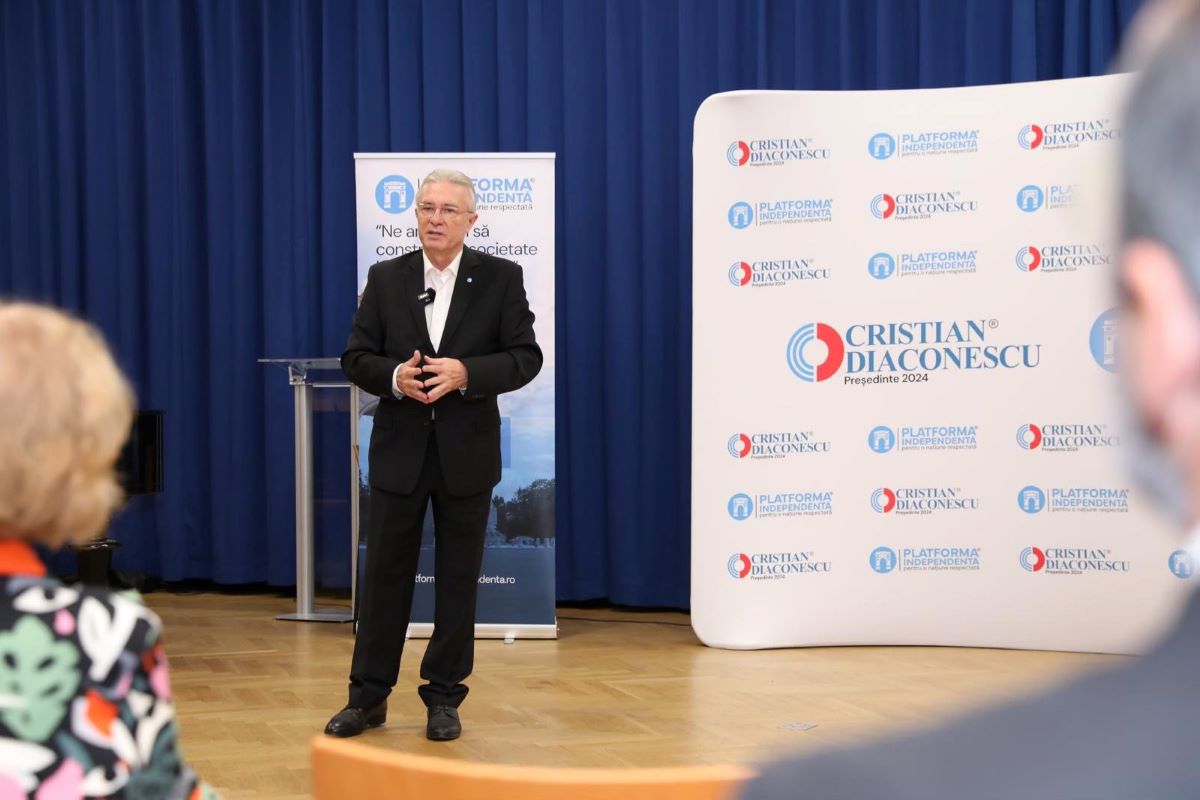
Cristian Diaconescu
Independent
After graduating from the Law Faculty of the University of Bucharest in 1983, he worked as a judge with the Bucharest Court and as an inspector with the Ministry of Justice. Between 1990 and 2004, he was a diplomat with the Foreign Affairs Ministry, and his assignments included Romania's Permanent Mission to the OSCE. He was a deputy secretary general and ambassador with the Organization of the Black Sea Economic Cooperation (BSEC) between 2000 and 2001. In 2004, he was appointed minister of Justice, and worked on the Justice and Domestic Affairs chapter of Romania's negotiations for EU accession. He served as the country's Foreign Affairs minister between 2008 and 2009 and in 2012. Between 2004 and 2012, he was a senator in Romania's Parliament, a VP of the Senate, and chair of the Senate's Defense Commission. In April of this year, he founded the independent platform Respect for Romania, for which he serves as president.
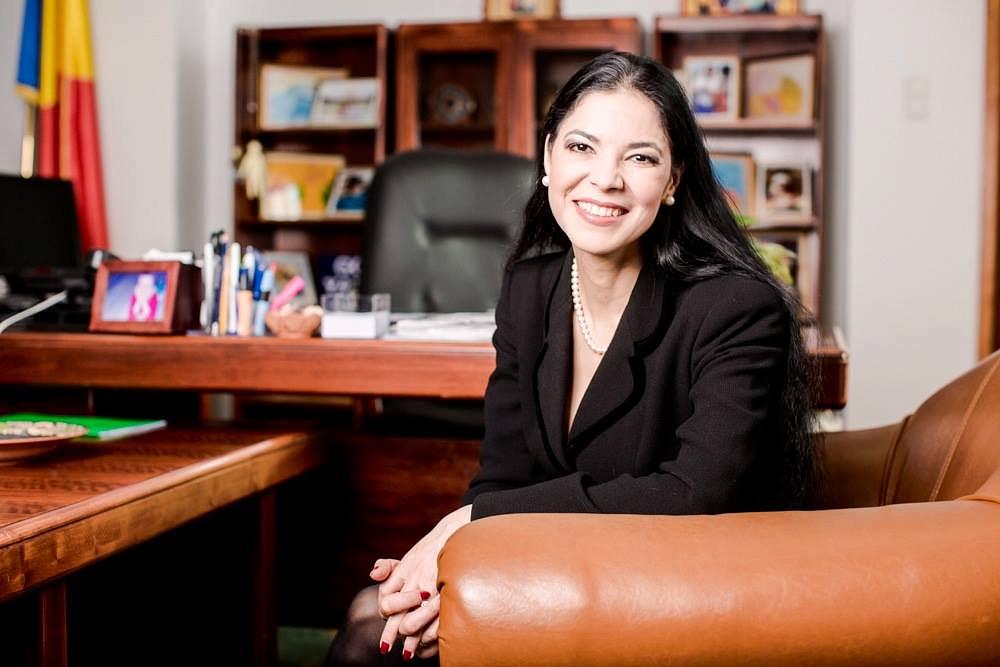
Ana Birchall
Independent
Birchall is a graduate of the Faculty of Law of the University of Bucharest and the Faculty of Law and International Relations of the Nicolae Titulescu University. She holds a Master of Studies in Law from Yale University, where she also received her J.S.D in 2002. She started her career as a lawyer, collaborating with White & Case LLP. In 2003, she returned to Romania, working at the Ministry of Foreign Affairs and the Commission on Foreign Affairs of the Senate of Romania. In April 2014, she was appointed the PM's High Representative for European Affairs and partnership with the US after holding the position of Advisor to the PM in 2012. She was a deputy in Romania's Parliament between 2012 and 2020. She was also a minister for European Affairs between January and June 2017. She served as justice minister between April 2019 and November 2019, after a period as interim justice minister replacing Florin Iordache, who resigned following massive anticorruption street protests. She was excluded from PSD in November 2019.
Călin Georgescu
Independent
Georgescu's name has been shortlisted as potential PM on several occasions, including in 2011, when he would have replaced Emil Boc, and in 2012, when he was one of the proposals, alongside Lucian Croitoru, Leonard Orban, and others. In December 2020, he was AUR's proposal for the job. President Klaus Iohannis appointed PNL's Florin Cîțu instead. He is a graduate of the Nicolae Bălcescu Institute of Agronomy in Bucharest. Between 1997 and 2013, he was the executive director of the National Center for Sustainable Development. In 2013, he became the president of the European Research Center of the Club of Rome. He also worked as a secretary general in the Ministry of the Environment and director of the Directorate of International Economic Organizations in the Ministry of Foreign Affairs. In 2022, a case was opened against him for promoting individuals guilty of genocide and war crimes after various comments on interwar far-right Iron Guard leader Corneliu Zelea Codreanu and former PM and marshal Ion Antonescu.
Silviu Predoiu
National Action League Party
He is a former first deputy director of the Foreign Intelligence Service (SIE), a position he held from 2005 until his retirement in 2018. During his time at SIE, he was also interim director of the institution for close to four years. He graduated from the Faculty of Geology-Geography of the University of Bucharest, and did postgraduate courses in journalism and project management.
Cristian Terheș
Romanian National Conservative Party
He was a member of the PSD and Christian Democratic National Peasants' Party (PNȚCD) before joining the Romanian National Conservative Party. He was a supporter of the cause of the 2018 referendum on the traditional family. Terheș studied theology at the Babeș-Bolyai University in Cluj-Napoca, and journalism at Fullerton College (California).
Sebastian Constantin Popescu
New Romania Party
This is the second time he runs for president on behalf of the party he established in 2015. In 2019, at his first presidential race, he was the youngest candidate ever to run for the position in the country. He trained as a veterinarian and, after practicing for five years, he turned to studying journalism, a domain he is active in with two news sites he owns. According to a presentation on his website, his party promotes "meritocracy and integrity to bring real solutions to Romanians' economic and social problems."
Alexandra Păcuraru
Alternative for National Dignity
The former TV anchor, the daughter of Realitatea Plus TV station owner Maricel Păcuraru, is the youngest candidate in this year's presidential elections. She studied at the Faculty of Foreign Languages and Literatures of the Dimitrie Cantemir University and at Universitatea Media, a now-closed division of the MediaPro group. She also has an Executive Master of Business Administration from the Institute of Business Administration in Bucharest. She started her television career with the public broadcaster TVR, then moved to Realitatea Plus.
Romania Elections 2024: Voter resources, candidates, results and updates
(Photo: George Calin/ Inquam Photos)
simona@romania-insider.com






